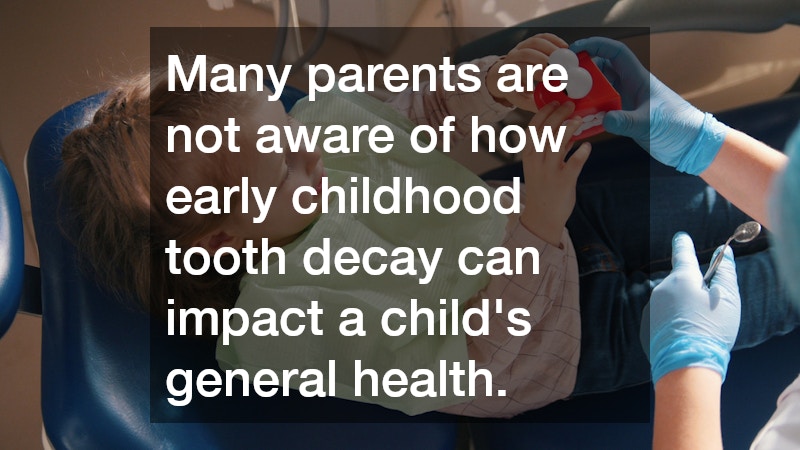What Is an Infant Dentist and When Should Your Baby Have Their First Dental Visit?
Welcoming a new baby into the world is an exciting and overwhelming experience. Amidst the responsibilities of caring for your little one, understanding the significance of proper dental care might get overshadowed. However, setting up a proper dental care regimen is crucial for maintaining your infant’s overall health.
Knowing what an infant dentist does and when your baby should have their first dental visit can help alleviate any concerns regarding your child’s oral health development. This post aims to guide you through understanding the role of an infant dentist and the appropriate timeline for your baby’s initial dental check-up.
An infant dentist, also known as a pediatric dentist, specializes in the oral health of children from infancy through their teenage years. These dentists are well-equipped with the knowledge and expertise required to provide comprehensive oral care for children, including those with special needs. With additional years of training, they understand the nuances of treating young patients and creating a positive dental experience. This specialization ensures infants receive the appropriate preventative care to address common issues such as teething discomfort and tooth decay, which are prevalent in baby teeth. Visiting an infant dentist can lead to proactive measures that ensure long-term benefits for your child’s dental health.
Choosing the right time for your baby’s first dental check-up is crucial. According to the American Academy of Pediatric Dentistry, it is advisable to schedule your child’s first dental visit by their first birthday or within six months after the first tooth erupts. Early visits allow the pediatric dentist to detect and prevent potential dental issues while educating parents on effective oral hygiene practices. This early intervention is not just about checking teeth but also establishing a ‘Dental Home’ where your child’s oral health will be managed comprehensively and continuously. Regular visits can help in understanding how to handle teething, brushing techniques, and recognizing harmful oral habits like thumb sucking.
Infant dentists focus on prevention and education as much as they do on treatment. Preventive dental care plays a significant role in preserving young teeth and paving the way for permanent teeth development. Regular check-ups often include cleanings, fluoride treatments, and sometimes dental sealants. Educating parents on the importance of nutrition, brushing, and flossing techniques helps establish a routine that reduces the risk of cavities. Moreover, these visits can encourage positive dental habits, reducing the likelihood of children developing a fear of dental visits as they grow older.
It’s crucial to assess not just dental health but also the entire oral region during infant dental visits. An experienced pediatric dentist examines not only the teeth but also the gums, jaw, and oral tissues. This comprehensive check-up can reveal signs of potential issues, such as alignment problems, mouth breathing, or potential impacts on speech development due to oral anomalies. Addressing these concerns early on can significantly influence the overall well-being and development of your child. Pediatric dentists are also skilled in behavior management techniques, ensuring that even the most apprehensive child can receive essential dental care comfortably.
Many parents are not aware of how early childhood tooth decay can impact a child’s general health. Dental health is directly linked to overall health as poor oral hygiene can lead to infections and other systemic issues. Implementing good practices from an early age not only prevents numerous common dental problems but also supports healthy growth. Ensuring regular visits to the infant dentist helps monitor changes and address potential health concerns early. With continuous care and guidance from these specialized professionals, children can develop a healthy relationship with dental care that lasts a lifetime.
In conclusion, understanding the role of an infant dentist and scheduling early dental visits are vital steps in maintaining your baby’s oral health. Beginning preventative dental care early can greatly benefit your child’s oral and overall health. By establishing a ‘Dental Home’ and routinely visiting an infant dentist, you’re setting the stage for a lifetime of healthy dental habits and preventing potential future oral health issues. Moreover, prioritizing dental visits from infancy can make dental care a positive experience for your child, reducing anxiety and building trust. Remember, taking that first step by scheduling a dental visit is pivotal in safeguarding your child’s current and future health.


